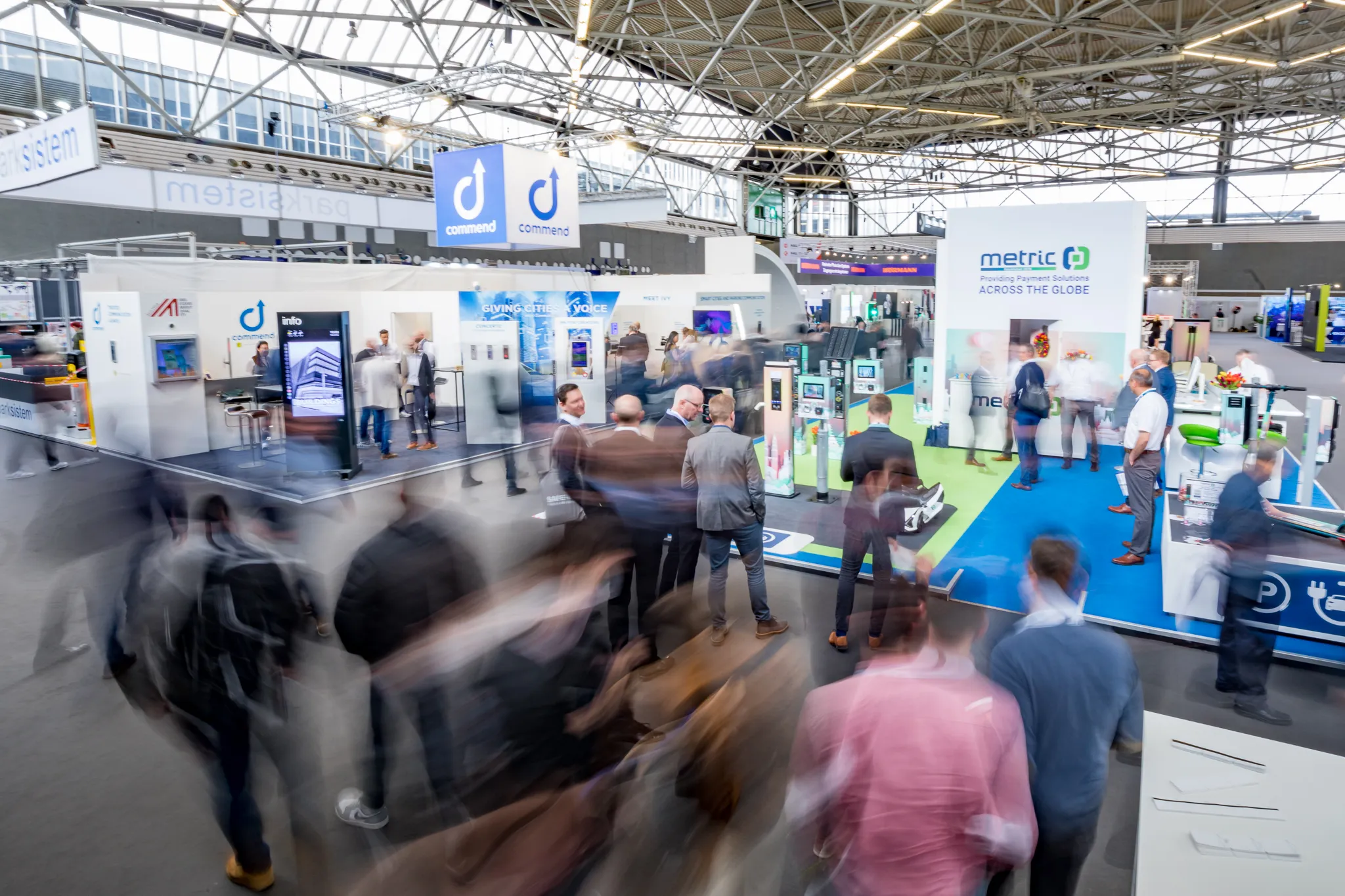Inrix says the platform now supports guidelines that enable other mobility options such as loading zones and parking restrictions for transportation network companies, dockless bike/scooter zones as well as electric vehicle charging stations.
Road Rules is expected to help cities digitally manage their data in one place, share information with automated driving systems and other roadway users and utilise the National Association of City Transportation Official’s (NACTO) SharedStreets project to deliver open and interoperable data.
Since the pilot launch last year, Road Rules is being used by 11 cities and road authorities such as including Miami-Dade County, Regional Transportation Commission of South Nevada and
Alice N. Bravo, director, Department of Transportation and Public Works at Miami-Dade County, says: “Road Rules lays the foundation for open communication and managing real-world transportation challenges including effective deployment of automated driving systems on public roads.”
Inrix upgrades Road Rules platform
Inrix has updated its Road Rules solution aimed at helping cities and road authorities digitise, manage and communicate local rules on the roadway, kerb and the pavement.
Inrix says the platform now supports guidelines that enable other mobility options such as loading zones and parking restrictions for transportation network companies, dockless bike/scooter zones as well as electric vehicle charging stations.
Road Rules is expected to help cities digitally manage their data in one place, share informatio
July 22, 2019
Read time: 2 mins








